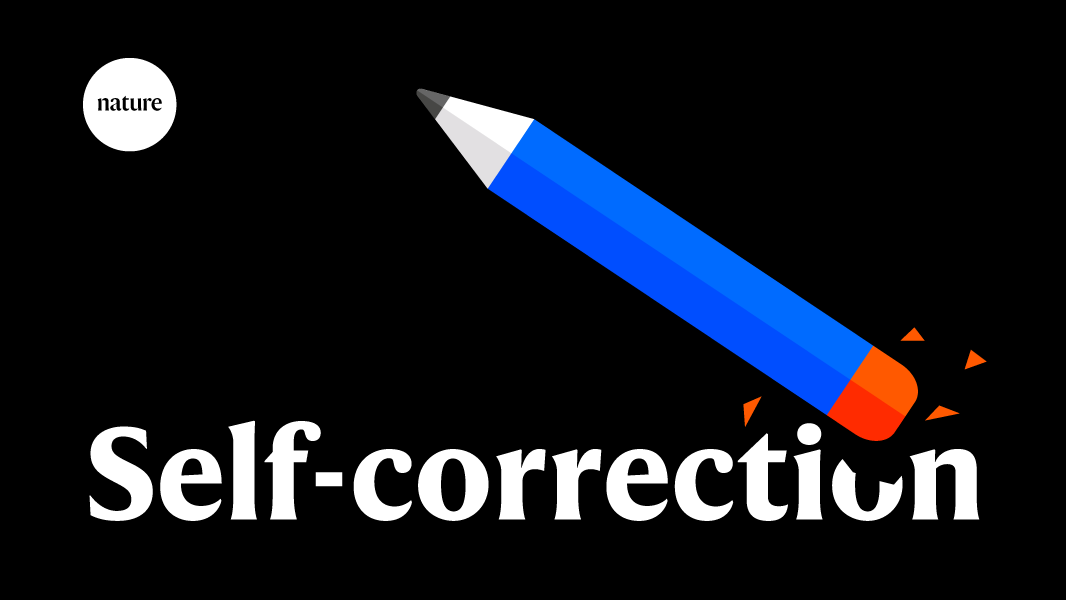
"In 2016, Brian Wansink wrote a blog post that prompted scientific sleuths to investigate his work. They found evidence of data manipulation, and, after several news articles and two investigations by his institution, he would found to have committed misconduct, as defined by Cornell University. His work had been used to inform US policy around food, much of which has now been thrown into question."
"The rise in 'paper mills' - organisations that produce questionable or fake papers that they sell authorships on - has led some to worry that misconduct is on the rise and that a proportion of the scientific literature cannot be trusted. In episode two of Self Correction, we explore how researchers are responding to the problem of research misconduct. We discuss how difficult it is to determine the prevalence of misconduct, and how sleuths, journalists and research integrity institutions are fighting back."
Brian Wansink's 2016 blog post triggered scrutiny that uncovered data manipulation, multiple news reports, two institutional investigations, and a finding of misconduct by Cornell University, with policy-relevant work now questioned. Such high-profile cases are uncommon, yet misconduct does occur across science. The emergence of 'paper mills' creating fabricated or questionable manuscripts and selling authorships has raised concerns about the integrity of parts of the literature. Estimating the true prevalence of misconduct is difficult because of detection limits and inconsistent reporting. Investigative researchers, journalists, and research-integrity bodies are increasingly identifying problematic papers and pursuing corrections or retractions.
Read at Nature
Unable to calculate read time
Collection
[
|
...
]